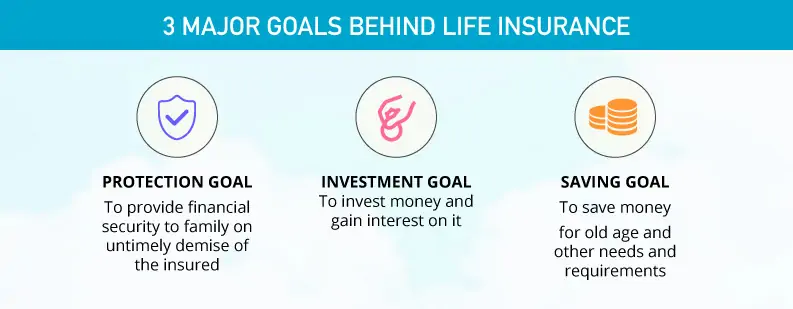When you’re applying for life insurance, insurers look at a range of factors to determine how much you pay for coverage. Alongside your age, health and medical history, they also look at your lifestyle.
If certain parts of your lifestyle are deemed risky by the insurer — that is, they increase your chances of dying at an earlier age — carriers will charge you higher premiums. Read on to learn what factors could increase your rates.
Lifestyle factors that increase your life insurance premiums
There are a few key factors that can increase your life insurance rates:
1. Your smoking status
If you smoke tobacco, you’re going to pay a lot more for life insurance than nonsmokers. Insurance companies see smoking as a great risk to your health, and will upcharge you for the habit.
Most smokers receive a Standard or table rating health classification, which are usually given to riskier profiles.
2. Your career
People who are employed in jobs that are considered risky by insurance companies pay more for life insurance coverage. So, if your job increases the likelihood that you will die or be severely injured, you can expect your premiums to be higher. For example, if you are in the military or if you are a pilot, insurance companies may charge you more for coverage.
“Most life insurance policies have exclusions for certain high-risk activities, such as flying a private plane or bungee jumping. It is important to read your policy carefully and understand what activities are excluded,” says Andrew Lokenauth, adjunct professor at University of San Francisco.
3. Your hobbies
Much like your career, what you do in your spare time can impact your life insurance rates. If you regularly participate in hobbies that are considered dangerous by your insurer, such as scuba diving or skydiving, you’re going to pay higher premiums even if you’re young and in good health.
4. Your financial history
If you have an adverse financial history, some life insurance companies may not offer you coverage at all. Bankruptcy is one of the biggest financial factors that can affect your eligibility — many insurers won’t offer coverage to applicants who have filed for bankruptcy within the last five years. Others may just charge you higher rates.
The further out from a bankruptcy you are, the more lenient insurers will be and the lower your rates will be. Additionally, if you can show that you have since earned a long-term income or accumulated some assets, you should be able to get affordable rates.
5. Your driving history
When you apply for coverage, insurers will look at your motor vehicle record (MVR) for any red flags. If you have any violations that insurers deem as risky behavior, such as a DUI, you will pay more for coverage. And if you have multiple reckless violations, some insurers may reject your life insurance application.
Insurers will generally look at the last five years of your driving records when making an application decision.
6. Your criminal record
While misdemeanors won’t impact your life insurance rates, any felonies on your record will. The more recent the felony charge is, the higher your rates will be. Similarly to other factors that affect your life insurance premiums, some insurers may deny your application if you have been convicted of a felony.
How to save on life insurance if you have a risky lifestyle
If you are paying above-average premiums for life insurance, you have a few options to lower your rates:
- Opt for reconsideration: If you leave your risky job or stop smoking, you may be eligible for a new rate with your current insurer after a year or two.
- Shop around: Insurers vary in how they approach the underwriting process. Some may offer high rates to certain occupations, while others may offer competitive coverage. Compare quotes from multiple insurers when you’re buying a policy.
- Add an exclusion onto your policy: Some insurers will give you affordable rates if you add an exclusion onto your policy. With an exclusion, your life insurance company won’t pay out if you die because of the risk factor. For example, if you are a skydiver and add on a skydiving exclusion, the insurance company will not pay out the death benefit if you die while skydiving.
How lifestyle factors affect active life insurance policies
If you already have an active life insurance policy and start smoking or switch to a new career that is considered risky, insurers cannot charge you more for coverage. Any active life insurance policies cannot be adjusted due to changes in your lifestyle, age or health, as long as you were completely honest about your status during the application process. You should inform your insurer when you begin a risky activity so that they do not think you lied if you die doing the activity.
“Failing to disclose this information could result in a denial of benefits if you die as a result of the activity. It is always best to be upfront and honest with your insurer,” says Lokenauth.
However, if your risk factor decreases, you may be able to get lower rates from your insurer through reconsideration. Reconsideration is when the insurer underwrites you again because you think you would be eligible for lower rates due to a lifestyle change. They cannot increase your rates during reconsideration.
While your lifestyle impacts your life insurance eligibility and how much you pay, there are options out there for everyone. Make sure to work with an agent to get the best coverage for your situation.









